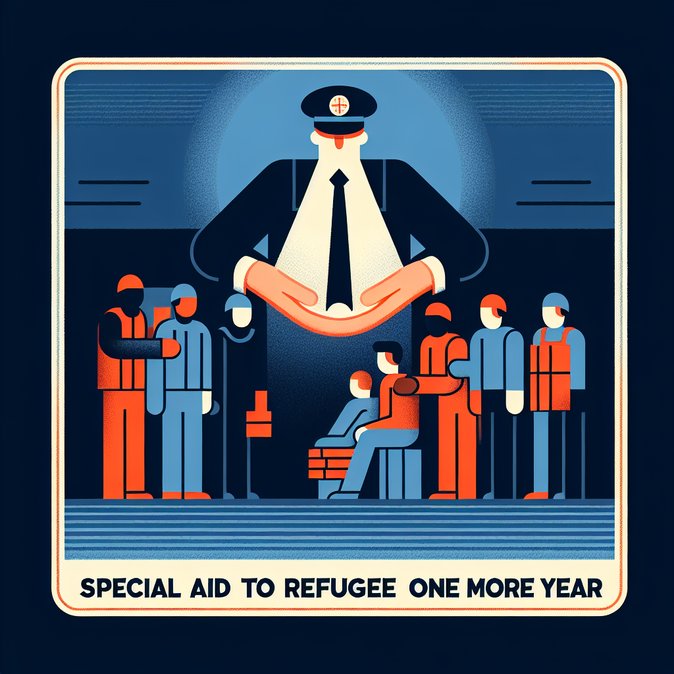
President Karol Nawrocki told supporters on 15 November that he has signed a bill extending financial and social support for Ukrainian war refugees “for the last time,” emphasising that future assistance will require refugees to be “treated the same as all other national minorities.”
According to the presidency, the new law prolongs special benefits and legal status for Ukrainians only until March 2026, after which any additional help would need fresh parliamentary approval. The president objected to earlier drafts that would have granted unconditional 800-zloty child-benefit payments to unemployed Ukrainians, calling such provisions unfair to Polish taxpayers.
![Polish President signals last extension of aid scheme for Ukrainian refugees]()
The statement follows months of political wrangling: an August bill was vetoed by Nawrocki, forcing the Sejm to revise eligibility rules so that most social payments are now tied to employment or school attendance. His latest signature prevents an immediate lapse in assistance but creates uncertainty over long-term support structures.
For employers, the prospect of tighter welfare rules may accelerate Ukrainian nationals’ entry into the labour market, potentially easing chronic staff shortages in construction, logistics and elder-care. HR teams should prepare for higher volumes of work-permit and residence-card renewals as refugees pivot from social assistance to employment-based stay.
Mobility programmes supporting Ukrainian assignees or their families should review allowances and counselling services, as access to public health care and child benefits could tighten after March 2026 unless new legislation is adopted.
According to the presidency, the new law prolongs special benefits and legal status for Ukrainians only until March 2026, after which any additional help would need fresh parliamentary approval. The president objected to earlier drafts that would have granted unconditional 800-zloty child-benefit payments to unemployed Ukrainians, calling such provisions unfair to Polish taxpayers.

The statement follows months of political wrangling: an August bill was vetoed by Nawrocki, forcing the Sejm to revise eligibility rules so that most social payments are now tied to employment or school attendance. His latest signature prevents an immediate lapse in assistance but creates uncertainty over long-term support structures.
For employers, the prospect of tighter welfare rules may accelerate Ukrainian nationals’ entry into the labour market, potentially easing chronic staff shortages in construction, logistics and elder-care. HR teams should prepare for higher volumes of work-permit and residence-card renewals as refugees pivot from social assistance to employment-based stay.
Mobility programmes supporting Ukrainian assignees or their families should review allowances and counselling services, as access to public health care and child benefits could tighten after March 2026 unless new legislation is adopted.


